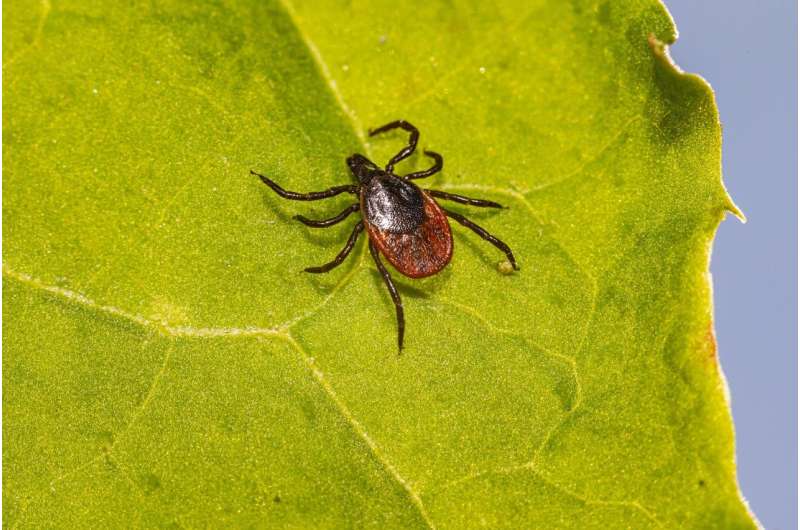Exploring Psychedelic-Derived Compounds for Treating Inflammatory Diseases

Emerging research explores how psychedelic-derived compounds could revolutionize treatments for inflammatory and neurodegenerative diseases without causing hallucinations.
Recent research suggests that compounds derived from psychedelic drugs could offer promising new treatments for various inflammatory conditions. Historically known for their profound effects on perception and consciousness, psychedelics are now being studied for their potential to modulate the immune system and reduce inflammation. Scientists at the University of Birmingham have identified a novel class of compounds called PIPI drugs (Psychedelic drug Informed but Psychedelic-experience Inactive drugs), which appear to exert anti-inflammatory effects without inducing hallucinations.
In a comprehensive review published in the British Journal of Pharmacology, researchers led by Professor Nicholas Barnes examined accumulating evidence on how psychedelics influence immune system functioning. These compounds primarily target the serotonin 5-HT2A receptor, which is present not only in the brain but also in peripheral tissues, including immune cells. Interestingly, the anti-inflammatory actions seem to be distinct from the hallucinogenic effects traditionally associated with psychedelics, opening the door for developing safer, targeted therapies.
Neuroinflammation, a key factor in neurodegenerative diseases like Alzheimer’s and Parkinson’s, as well as psychiatric disorders such as schizophrenia and depression, may also benefit from these findings. By influencing immune responses and neuroinflammatory pathways, psychedelic-derived drugs could potentially address some of the most persistent medical challenges.
Professor Barnes emphasized the transformative potential of this research, noting that the development of non-hallucinogenic psychedelics could lead to effective treatments for chronic inflammatory diseases. As these PIPI drugs advance into clinical investigation, there is hope that they may soon translate into innovative therapies that provide relief without the adverse perceptual effects associated with current psychedelics.
Stay Updated with Mia's Feed
Get the latest health & wellness insights delivered straight to your inbox.
Related Articles
Skin Biomarkers as a Promising Tool for Early Diagnosis of Amyotrophic Lateral Sclerosis (ALS)
Innovative research indicates skin-based biomarkers could enable earlier and less invasive diagnosis of amyotrophic lateral sclerosis (ALS), improving disease management and understanding.
How Seizure Activity Spreads in the Brain and Causes Loss of Consciousness
Recent research uncovers how the spread of seizure activity in the brain leads to loss of consciousness, offering insights for better treatments and management of seizure disorders.
Reevaluating Non-Sterile Glove Use in Healthcare: Environmental and Patient Outcomes
New research highlights the environmental harms and limited patient safety benefits of unnecessary non-sterile glove use in healthcare, urging evidence-based and sustainable practices.



